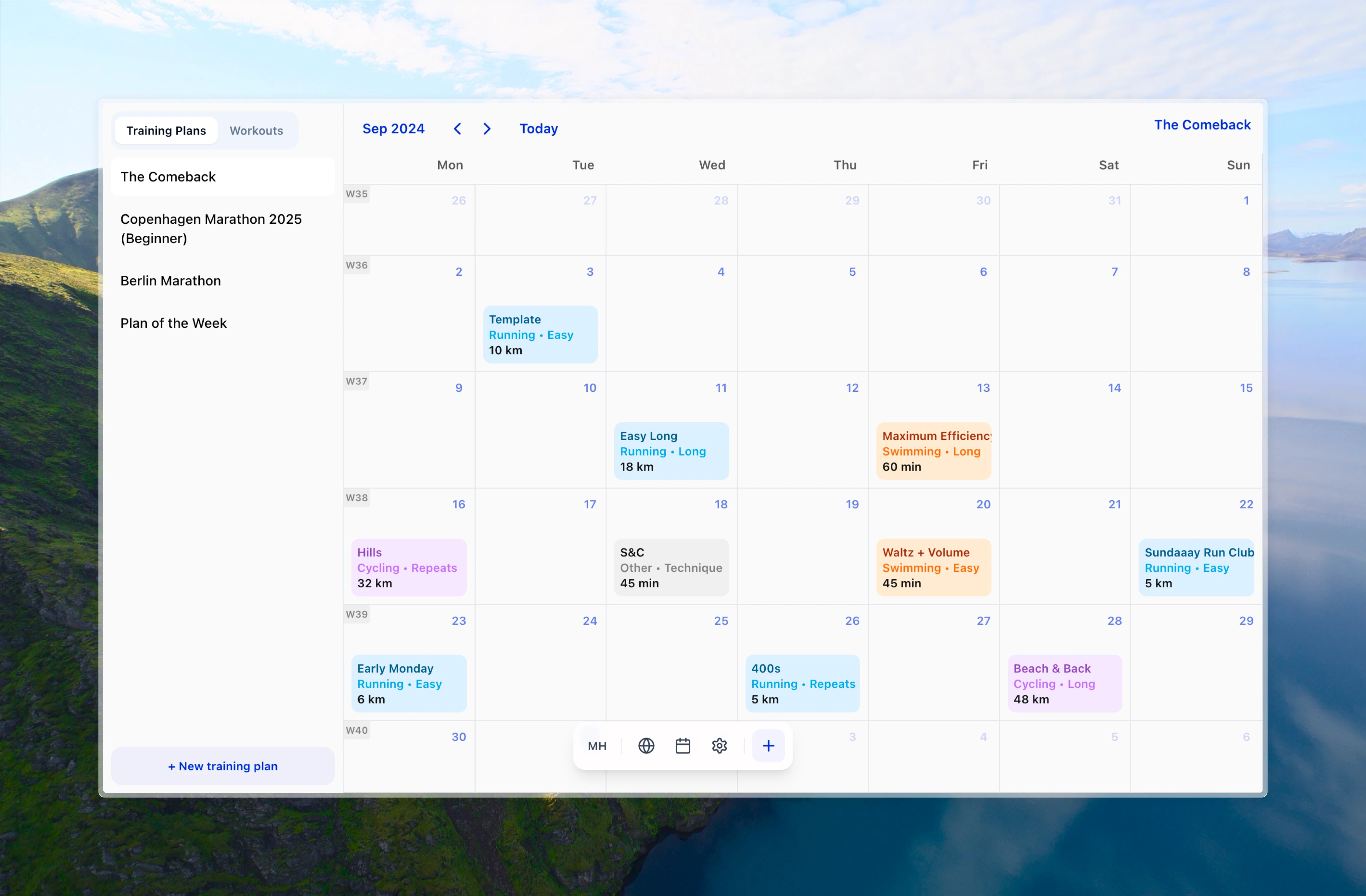Initiating a running regimen is a commendable decision that can lead to numerous physical and mental health benefits. Whether you've recently committed to a marathon, are returning to running after an extended hiatus, or are entirely new to the sport, this guide will provide you with the foundational knowledge necessary to begin your journey effectively and safely.
Essential Equipment for Novice Runners
Prior to commencing your running program, it is crucial to acquire appropriate gear. The following items are fundamental:
Running Shoes
Investing in quality running shoes is paramount. They provide essential support and cushioning, significantly enhancing comfort and reducing injury risk. Consider going to a running store. I ended up buying a not-so-good pair of running shoes that didn't fit my foot, at all, and had to run in those for a while until I ran through my stubbornness and bought a pair that fit my running style and foot.
Technical Apparel
Opt for moisture-wicking fabrics to maintain optimal body temperature and comfort. These materials efficiently manage perspiration, unlike cotton, which retains moisture and can lead to chafing and discomfort. In colder weather, choosing cotton over moisture-wicking fabrics is a bad idea, as cotton retains moisture and make you cold real fast.
Supplementary Accessories
Consider these additional items to enhance your running experience:
For running in warm weather:
- Running cap
- Pair of sunglasses
- Singlet
- Running tights or shorts with inner layer (to avoid chafing)
- Lightweight running socks
- Running belt with water bottle holder (for longer runs)
For running in colder weather:
- Neck gaiter
- Thin gloves
- Windproof or waterproof jacket
- Lightweight running hat
Running in colder environments can be tricky. You need to dress in layers to keep your body warm, but you also need to avoid overheating. The rule of thumb is to dress in layers and add or remove clothing as needed based on your body's temperature.
Developing an Effective Training Plan

A structured training plan is essential for beginners. It serves several critical purposes:
- Gradual increase of running duration and distance
- Prevention of overexertion and potential injuries
- Establishment of a consistent running routine
A "Couch to 5K" program is a highly recommended starting point. This program utilizes a run-walk method to progressively build endurance, making it ideal for those new to running.
Proper Running Form: Fundamentals
While it's not advisable for beginners to overly focus on technique, understanding basic form can be beneficial:
- Foot strike should occur under the body's center of mass, not ahead of it
- Maintain a relaxed posture to conserve energy
- Allow your body to naturally adapt to the running motion over time
As you gain experience, your form will naturally improve. Patience and consistency are key in this process.
The Importance of Controlled Pace
A common misconception among new runners is the necessity for speed. In reality, maintaining a controlled, slower pace is crucial for several reasons:
- Slower runs build aerobic endurance and improve fat metabolism
- A conversational pace ensures you're not overexerting yourself
- Consistency in training is more readily achievable at a comfortable pace
Monitoring Progress: Utilization of Technology
Leveraging technology can significantly enhance your running experience. Applications such as Strava or MapMyRun offer valuable features:
- Accurate tracking of distance, time, and pace
- Long-term progress monitoring
- Motivation through data visualization and community features
These tools can provide valuable insights into your development as a runner.
Complementary Strength Training
Incorporating basic strength exercises can greatly support your running program. A weekly routine might include:
- Squats for lower body strength
- Lunges to improve unilateral leg strength
- Planks for core stability
- Bridges to strengthen the posterior chain
- Calf raises for ankle and lower leg strength
These exercises enhance overall running performance and help prevent common running-related injuries.
Conclusion
Embarking on a running journey is a significant step towards improved health and fitness. Remember that progress in running is often gradual and non-linear. Patience, consistency, and a willingness to learn from your experiences are key attributes for success in this endeavor.
As you progress in your running journey, you may encounter challenges. These are normal and often serve as valuable learning experiences. Should you have specific questions or concerns, consulting with experienced runners or a running coach can provide personalized guidance.
What specific running goals have you set for yourself this year? Sharing your objectives can be a powerful motivator and may inspire others in their own journeys.
Give The Next Race a try.

